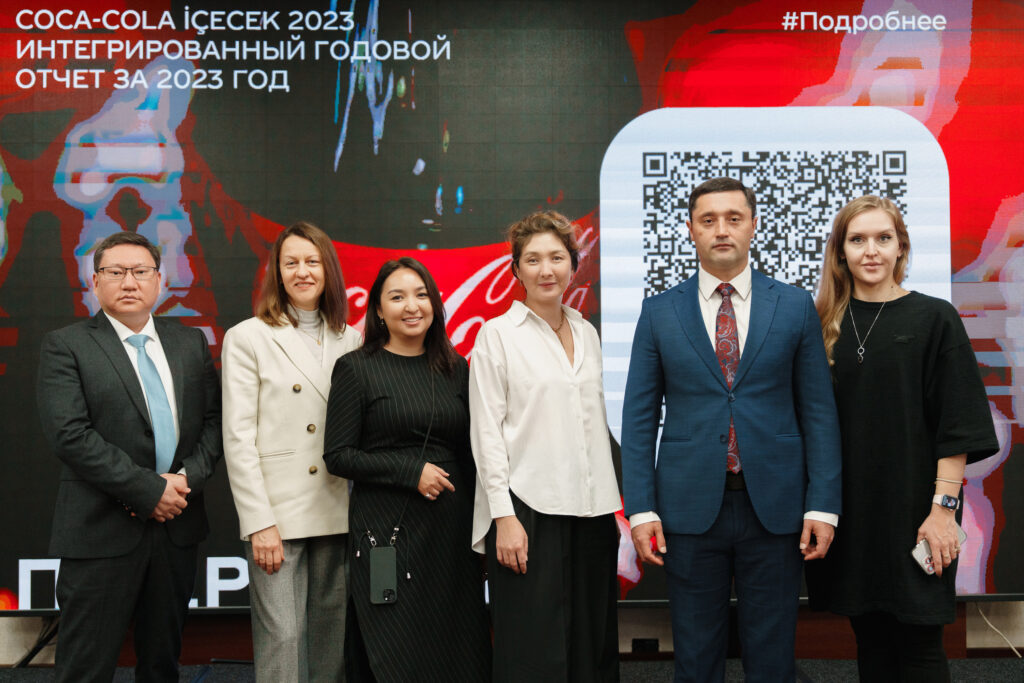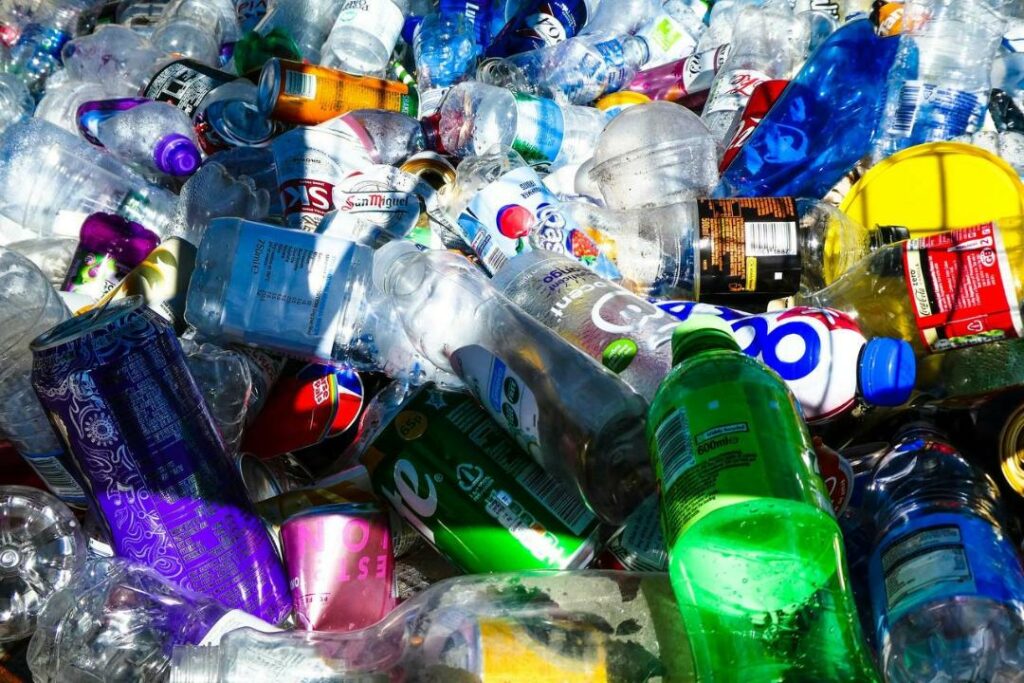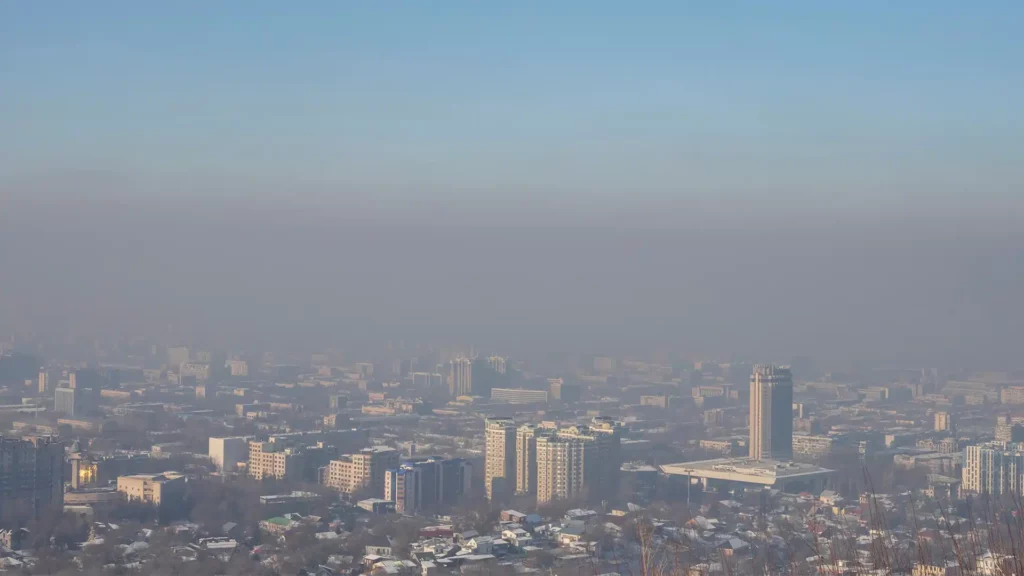Kazakhstan is the 8th most water scarce country in Asia, and in the current realities of climate change it is extremely important to establish effective water resources management in Central Asian countries. How big business is involved in this strategically important task and what steps have already been taken.
The Regional Environmental Centre for Central Asia (CAREC) together with Coca-Cola in Kazakhstan presented their vision of the problem and effective water saving projects within the framework of the reporting event ‘Rational use of natural resources as a basis for the success of sustainable business development’.

Since 76% of the plants in the countries where Coca-Cola Icecek (CCI) operates are located in water-scarce regions, the company emphasises water recycling both for the benefit of the environment and to ensure the continuity of its operations. The company categorises the 15 water-scarce areas into three groups and bases its roadmap on Coca-Cola’s water security strategy, water scarcity assessments conducted by the World Resources Research Institute, and information from supply chain and corporate affairs departments in the respective countries.
Directly in Kazakhstan, water conservation projects are aimed at improving the economic situation of farmers and livestock farmers and have been initiated since 2010. For example, in the period from May 2023 to March 2024, with financial support from The Coca-Cola Foundation, an environmental initiative of the Regional Environmental Centre for Central Asia (CAREC) was implemented to restore degraded land and support agricultural communities in the Arnasai and Stepnogorsk districts of the Ishim River basin. The project budget totalled $100,000. It was based on restoration of landscapes and watersheds, introduction and scaling up of sustainable land management (SLM) practices in order to train farmers and attract investments in the economic development of the region.
In this way, the initiative was focused on creating sustainable solutions to restore land and improve livelihoods in rural communities, supporting environmentally responsible farming practices that positively impact the environment and local economy.
In June 2024, with the support of Coca-Cola Icecek, this cooperation continued with a contract between the Regional Environmental Centre for Central Asia (CAREC) and Irrigator Kazakhstan LLP aimed at introducing water-saving technologies such as drip irrigation to agricultural lands in the region. As a result of the project implementation on the experimental fields of the farm ‘Niva’, located in the Tselinograd district, it was possible to reduce water consumption by six times compared to traditional irrigation methods.
The farm, with a total area of 200 hectares, is located in the suburban zone of Kosshy, Tselinograd district, Akmola region, 35 kilometres from Astana. On two plots of 2 ha and 3 ha surface-drip irrigation technologies were introduced, which allowed to significantly reduce the cost of water, fertilisers and labour, as well as to prevent soil erosion and increase crop resistance to droughts.
A total of 3295m3 ofwater or 659m3/ha was used during the 2024 season on two plots totalling 5ha. For comparison, under conventional ditch irrigation, the average water consumption on the same field and under similar conditions (field area, daily irrigation rate, growing crop and number of plants) would be more than 3900m3/ha per season.
Such successful results have already aroused interest in neighbouring farms that are planning to introduce this technology next season.
According to Alima Isembayeva, Director of Corporate Relations and Sustainability at Coca-Cola Icecek Kazakhstan, the company has been working for many years to make its business more sustainable.
“We see this co-operation as an opportunity to jointly achieve significant results in solving the current problem and generally improve the sustainability of agriculture in the country. The first results of implementing new methods and technologies allow us to assess that we are on the right track,’ said Alima Isembayeva.
In 2022, Coca-Cola Icecek announced its 2030 commitments to achieve the Sustainable Development Goals in the countries where it operates, including Kazakhstan. The company’s commitments focus on packaging recycling, water and climate change, human rights, diversity and inclusive communities.
CCI independently assesses and improves water efficiency at its plants in Kazakhstan on an annual basis. And according to data reported in the 2023 Integrated Annual Report on the company’s operations in Turkey, Jordan, Kyrgyzstan, Syria, Tajikistan, Azerbaijan, Turkmenistan, Kazakhstan, Pakistan, Iraq and Uzbekistan, CCI has achieved important milestones in meeting its commitments, such as a 3 per cent reduction in water use for 2023 compared to the baseline year of 2020.
For more than 20 years, Coca-Cola has been working with organisations such as UNDP, Kazakhstan Biodiversity Conservation Fund, G-Global Coalition for Green Economy and Development, and the Centre for Sustainable Development. Projects of these organisations on water supply renewal and water saving, supported by grants from the international Coca-Cola Foundation, allow to return up to 1.8 billion litres of water to the environment annually. This is about 3 times the amount of water used to produce the company’s beverages in Kazakhstan. Thanks to the company’s investment of more than $1 million in restoring water resources in Kazakhstan, more than 10 billion litres of water have been saved over the past 10 years.
Today, Coca-Cola continues to actively work towards achieving sustainable development goals by improving the efficiency of water and energy resources, continuing to play a key role in maintaining ecological balance and social well-being in Central Asia.
Additional information:
Valeriya Orlova, Project Manager, esd@carececo.com



